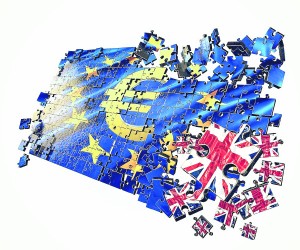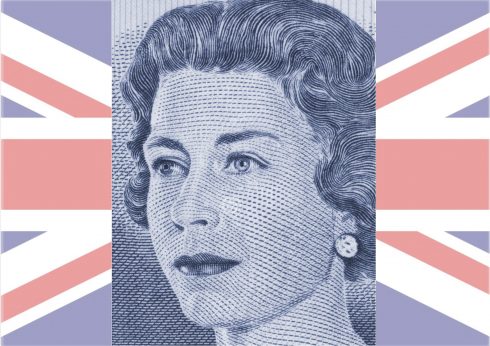 IN 2015 the UK government paid €16.5 billion to the EU budget, while EU spending on the UK was €5.8 billion.
IN 2015 the UK government paid €16.5 billion to the EU budget, while EU spending on the UK was €5.8 billion.
This means that the total cost of being a member of the EU is just €10 billion, out of an annual British expenditure of around €900 billion.
The question of economic benefits of EU membership – trade, jobs, investment etc – is far trickier to put a price on.
What is clear is that David Cameron has been attempting to renegotiate Britain’s relationship with the EU on issues such as migrants and welfare, but many politicians and commentators claim he has made little progress.
An analysis of the six most recent polls suggests 45% of voters want to leave the EU, while 55% will vote to remain.
How to register for the June 23 referendum
1. If you were on the electoral roll in the UK within the last 15 years, you can register as an overseas voter and have your say
2. If you last lived in England, Scotland or Wales, go to www.gov.uk/register-to-vote and fill in your data. All you need is your National Insurance number, passport details and date of birth. (Even if you don’t have an NI number, you can still register)
3. Choose how you want to vote – by post, proxy, or even in person if you will be in Britain on polling day. If you choose to vote by post, ballot forms will be dispatched about one month ahead, giving you time to receive, complete and return your vote
4. If you were last registered to vote in Northern Ireland, download an overseas voter application form from the Electoral Office for Northern Ireland, at www.eoni.org.uk. You can choose to vote by proxy or in person, but not by post
5. Just as in the UK, you need to register annually. So if you registered as an overseas voter for last year’s General Election, you still need to renew ahead of the EU referendum











